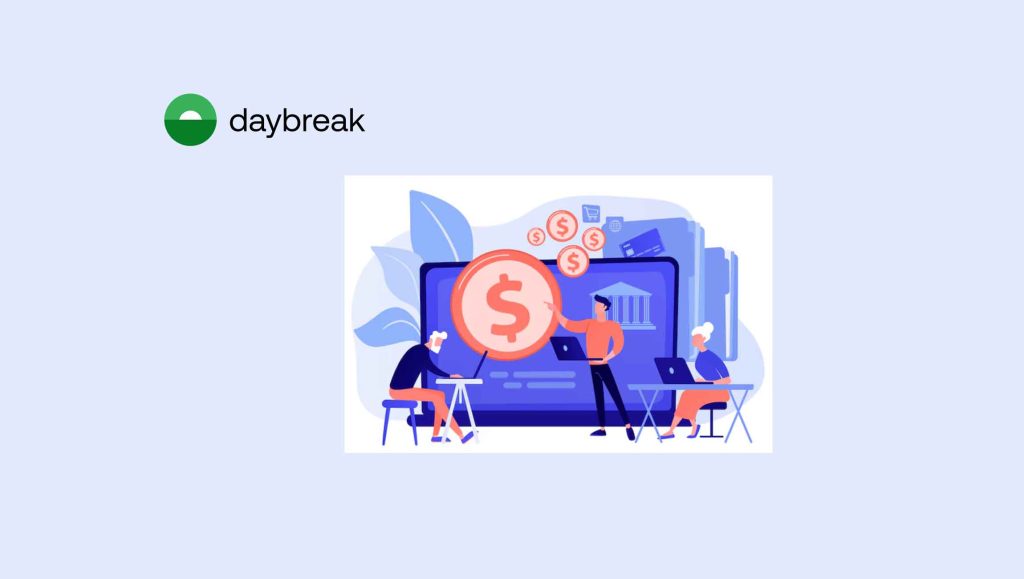ClearSale releases its annual ecommerce consumer report, revealing key drivers of buying decisions and shifting fraud trends
Global business intelligence and risk prevention provider, ClearSale announced the publication of its annual State of Consumer Attitudes on Ecommerce, Fraud, & CX 2023-2024. In its fourth consecutive year, ClearSale’s original research report reveals consumer attitudes and behavioral trends, delivering ecommerce sellers an inside look at buyer behaviors, shifts and emerging trends that will guide retailers to success in 2024 and beyond.
“This year’s report serves as a valuable resource, helping sellers connect with today’s consumers by highlighting emerging trends and providing actionable advice to enhance customer experience and drive growth through increased awareness and loyalty.”
Despite warnings of reduced consumer spending in 2023, ecommerce sales increased with consumers spending nearly four times more online than they did in stores. Since retailers can expect this trend to continue, it is vital to understand and consider the wide range of buyer preferences and expectations, especially as they relate to customer experience, payment options, fraud tolerance, and security.
Read More: SalesTechStar Interview with Puneet Arora, Global President, Yellow.ai
Key findings from 2024’s report include:
- The three most important factors that online consumers consider are price, shipping and selection. In fact, among the top three reasons survey respondents abandon an online shopping cart, two of them concern the cost and time related to shipping with 80% of consumers willing to wait longer to receive their purchases if shipping is inexpensive or free.
- Offering dynamic payment options ranks important for online buyers: Nearly 85% of Gen Z shoppers and just under 80% of millennial shoppers prefer digital wallets as a payment option. Over 50% would think twice about their purchase if a digital wallet option wasn’t possible. On the flip side, when it comes to fraud protection, buyers would much rather be protected with 90% of consumers prioritizing fraud protection over easy checkout.
- Fraud protection is changing traditional consumer trends: A new emerging trend found that consumers are beginning to consider security more important than price. While this trend still varies by generation, overall 33% of consumers would rather have a safe ecommerce experience than get a lower price. What’s more is that 84% of consumers said that an online store that doesn’t protect them from fraud will lose their business.
- Inaccurate fraud protection can hurt businesses: Protection is important to consumers, but it’s a fine balance between security and experience. False declines can cost companies customers, with 41% of consumers globally saying they’ll never shop with a brand after a false decline. These false declines also impact brand reputation, with about one third of consumers taking their grievances to social media after a false decline.
Read More: Why AI can’t make good salespeople; implementing AI into GTM processes
“In a crowded and highly competitive seller’s market, it’s essential that retailers understand their audiences,” said Rick Sunzeri, Director of Client Solutions at ClearSale. “This year’s report serves as a valuable resource, helping sellers connect with today’s consumers by highlighting emerging trends and providing actionable advice to enhance customer experience and drive growth through increased awareness and loyalty.”
The survey, conducted with the help of online survey tool Dynata, comprised of over 750 online shoppers in the North American countries of US, Canada, and Mexico as well as the Latin American countries of Colombia and Argentina. The data collected provides insight into the attitudes and behaviors of consumers across age, gender, nationality, and online shopping investment.





















